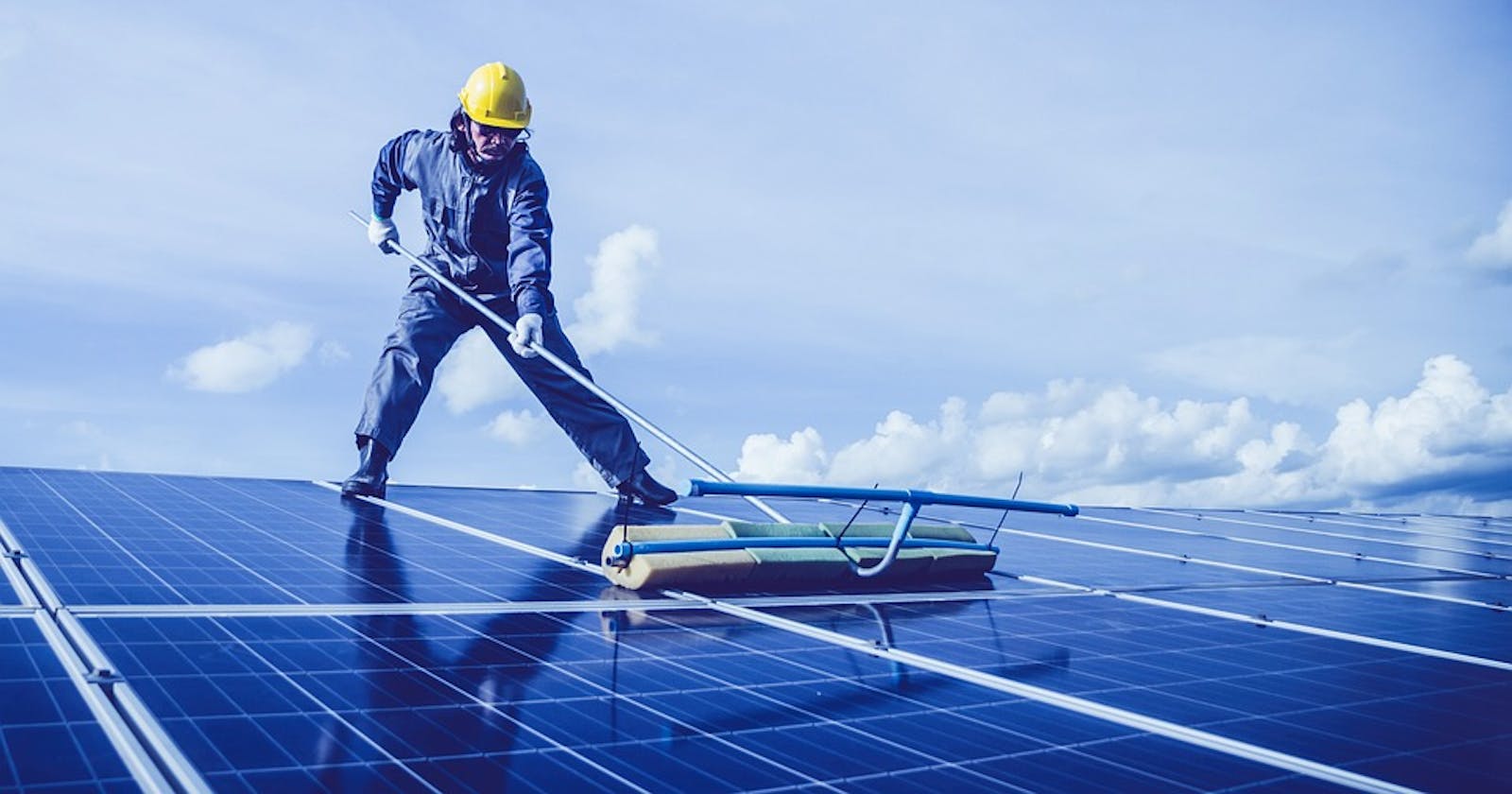Installing solar panels on your roof is an excellent way to harness the power of the sun and reduce your carbon footprint. Solar energy is clean, renewable, and can significantly lower your electricity bills. However, it's essential to be aware that improper installation or maintenance of solar panels can potentially lead to roof leaks. In this blog post, we will explore some common causes of roof leaks after solar installation and discuss preventive measures to ensure the longevity and efficiency of your solar system.
1. Roof Penetration:
One of the most common causes of roof leaks after solar installation is inadequate roof penetration sealing. During the installation process, holes are drilled into your roof to secure the mounting brackets. If these penetrations are not sealed properly, water can seep through, causing leaks over time. It is crucial to use high-quality sealants and flashings that provide a watertight barrier around the penetration points.
To prevent leaks, it is recommended to hire an experienced and qualified solar installation professional. They will have the expertise to ensure proper sealing and use appropriate flashing techniques, reducing the risk of water infiltration.
2. Improperly Installed Mounting Systems:
Solar panels are typically installed using mounting systems that attach them to the roof. If these mounting systems are not installed correctly, they can compromise the integrity of your roof. For example, over-tightening the bolts that secure the panels can damage the roofing materials or cause cracks, leading to leaks.
To avoid this issue, it's important to work with a reputable Solar Installation Company that follows industry best practices. Their technicians will have the necessary training and experience to install the mounting systems correctly, minimizing the risk of roof damage and leaks.
3. Incorrect Roof Flashing:
Flashing is a crucial component of your roof that prevents water from entering vulnerable areas, such as roof joints, vents, and chimneys. When solar panels are installed, the flashing around these areas may need to be adjusted or replaced to accommodate the new installation. If the flashing is not correctly installed or replaced, it can create openings where water can penetrate.
To address this issue, it is essential to have a professional roofing contractor assess the condition of your roof's flashing before the solar installation. They can make any necessary repairs or replacements, ensuring that your roof is adequately protected against water infiltration.
4. Damaged Roofing Materials:
Solar panel installation involves a significant amount of foot traffic on your roof. If proper precautions are not taken, such as using walkways or protective mats, the roofing materials can get damaged. Cracked or broken shingles, tiles, or other roofing materials can create openings for water to enter your home.
When selecting a solar installation company, make sure they prioritize roof protection during the installation process. Request information about their protocols for minimizing damage to your roofing materials. Taking proactive measures can help prevent leaks caused by accidental damage.
5. Lack of Regular Maintenance:
While solar panels are durable and low-maintenance, it is still essential to perform periodic inspections and maintenance to ensure their optimal performance and prevent potential issues. Regular maintenance includes checking for any signs of damage or wear, cleaning debris off the panels, and inspecting the roof for leaks or potential problem areas.
By scheduling regular maintenance with a professional solar service provider, you can identify and address any emerging issues promptly. Early detection of roof leaks can prevent significant damage and save you from costly repairs in the future.
In conclusion, while solar panels offer numerous benefits, it's crucial to be aware of potential roof leak issues that can arise after installation. By addressing common causes like inadequate roof penetration sealing, improper mounting systems, incorrect flashing, damaged roofing materials, and lack of regular Solar Panel Maintenance, you can mitigate the risk of roof leaks and ensure the long-term efficiency of your solar system. Remember to work with reputable solar installation companies and professional roofing contractors to ensure a high-quality installation and ongoing maintenance of your solar panels.
Read Next Blog: What to Look When Review a Inverter

